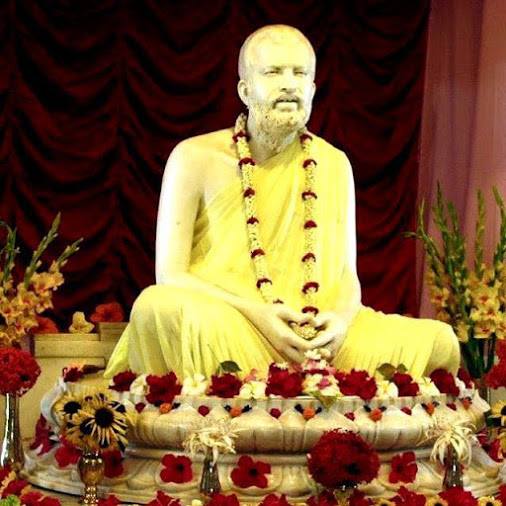The Role of Renunciation In the Integral Yoga :
Since the goal is transformation not abandonment of life, Sri Aurobindo observes that renunciation cannot be treated as the sole or primary action by the seeker:
“Therefore renunciation must be for us merely an instrument and not an object; nor can it be the only or the chief instrument since our object is the fulfilment of the Divine in the human being, a positive aim which cannot be reached by negative means.”
In order to achieve any goal, or focus on any object of concentration, there must be an ability to “renounce” those things which represent distractions. This can be sense-objects or it can be desires, ambitions, predilections or dogmatic opinions. The power of renunciation however must go beyond this to achieve the far-reaching goals of the integral Yoga : -
“It must be a renunciation, a complete renunciation of all that is other than and opposed to the divine self-fulfillment and a progressive renunciation of all that is a lesser or only a partial achievement. We shall have no attachment to our life in the world; if that attachment exists, we must renounce it and renounce utterly; but neither shall we have any attachment to the escape from the world, to salvation, to the great self-annihilation; if that attachment exists, that also we must renounce and renounce it utterly.”
There are three specific forms of attachment that need to be renounced : -
“…a renunciation of attachment and the craving of desire in the senses and the heart, of self-will in the thought and action and of egoism in the centre of the consciousness. For these things are the three knots by which we are bound to our lower nature and if we can renounce these utterly, there is nothing else that can bind us.”
“Again, our renunciation must obviously be an inward renunciation…”
This clarification helps us avoid the extremes of an outer renunciation that cuts off the basic powers of body, life and mind from their action and their ability to interact and uplift life in the world.
“And this does not mean that there is nothing at all that we shall love, nothing in which we shall take delight; for attachment is egoism in love and not love itself, desire is limitation and insecurity in a hunger for pleasure and satisfaction and not the seeking after the divine delight in things. A universal love we must have, calm and yet eternally intense beyond the brief vehemence of the most violent passion; a delight in things rooted in a delight in God that does not adhere to their forms but to that which they conceal in themselves and that embraces the universe without being caught in its meshes.”
Sri Aurobindo





Comments
Post a Comment